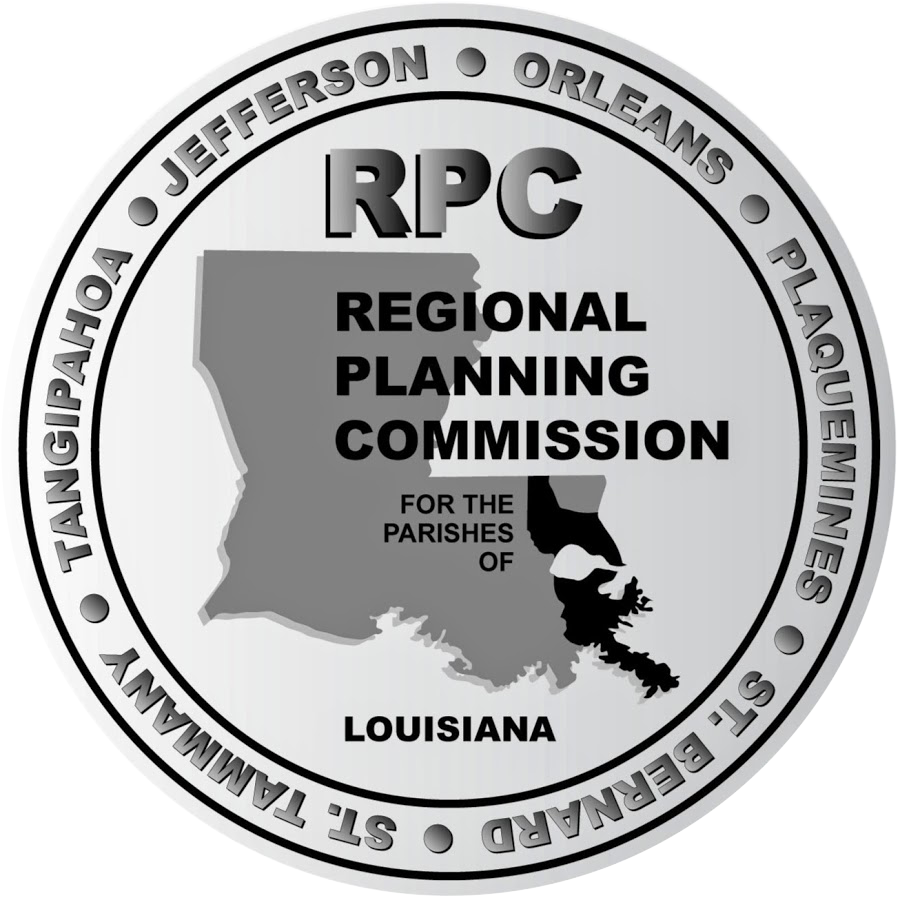Performance Based Planning and Programming (PBPP)
Performance Based Planning and Programming (PBPP) is an approach adopted by FHWA, FTA, state DOTs, transit agencies, and MPOs to use quantitative data and other information to strategically direct transportation decision-making. PBPP is a systematic, evidence-based approach to integrating data into the transportation planning process at all levels, from concept to design and implementation. It is important to note that PBPP is not intended to supplant the decision-making roles and responsibilities of the general public, elected officials, or technical experts.
Federal legislation requires states and MPOs to track a series of performance measures (PMs) and set targets for each that they aspire to achieve within a specified period. MPOs may choose to adopt the statewide targets or set their own, and the agencies’ project planning and programming should advance progress towards achieving each target. The performance measures monitored by the RPC fall under the following categories:
- Safety
- Road and Bridge Condition
- System Reliability
- Transit Asset Management
Each of these categories includes multiple measures, with differing target-setting and reporting requirements. Safety targets are set annually by states, while targets for the other performance measures are set every four years. MPOs can either adopt the state’s targets or set their own.
The PMs tracked by the RPC, the adopted targets, and ongoing performance tracking are described in the RPC’s Annual Report. The reports have been developed annually since 2019 and can be viewed below.

